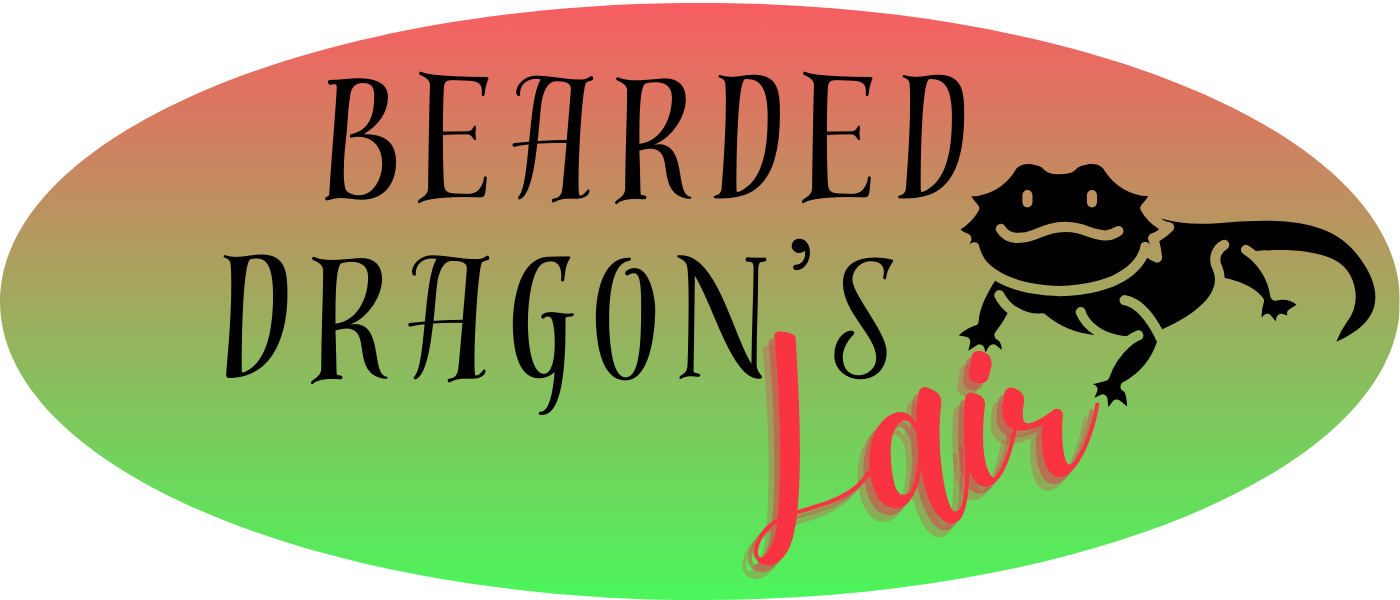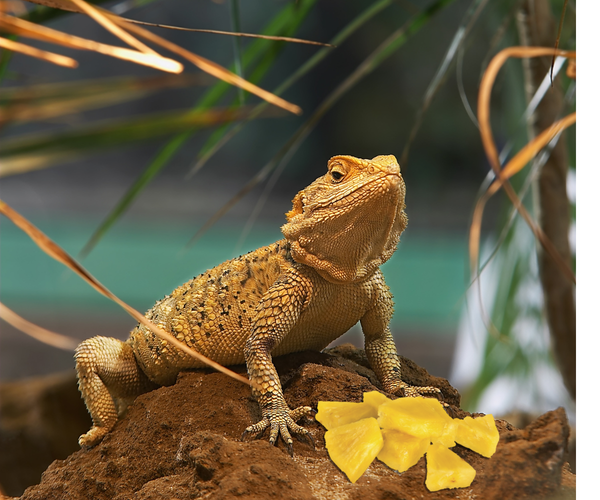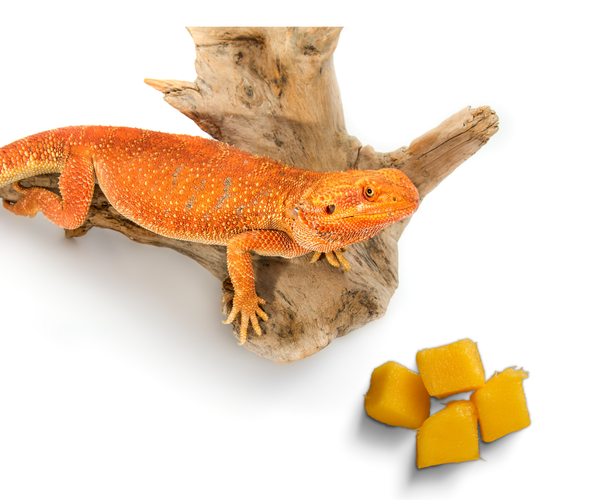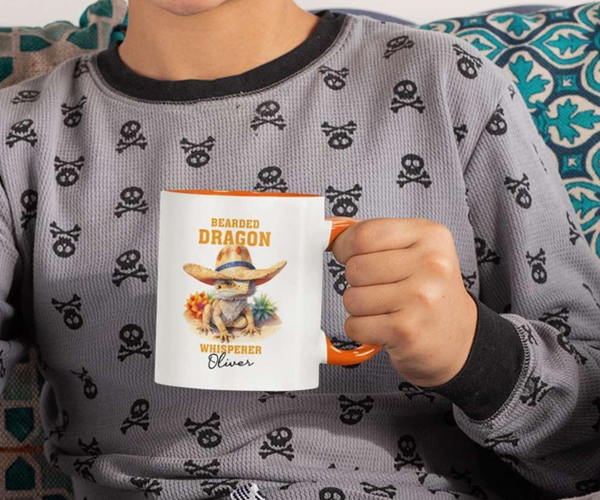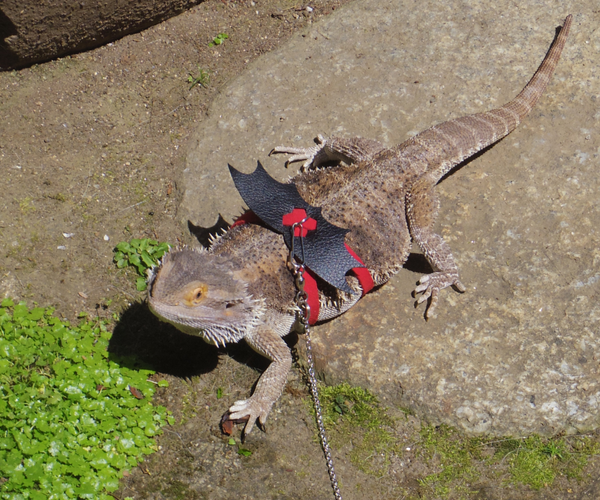Can Bearded Dragons Eat Dandelions?
Dandelions are a nutritious and safe food option for bearded dragons when fed in moderation.They provide essential vitamins and minerals that can contribute to a bearded dragon's overall health.
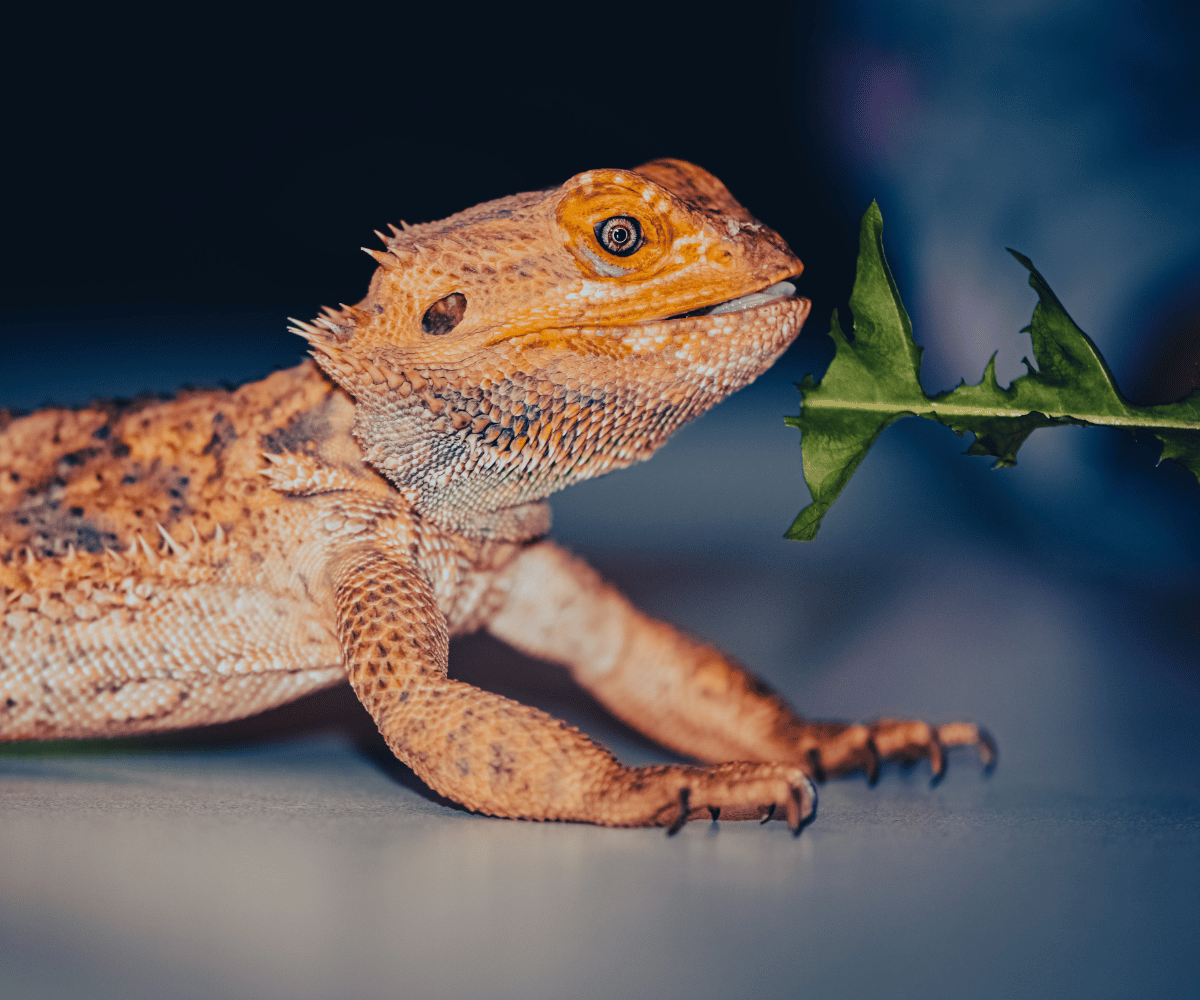
Bearded dragons are popular pets known for their distinctive looks and friendly nature. As with any pet, proper nutrition is vital for their health and wellbeing. One question that often arises among bearded dragon owners is whether these reptiles can safely consume dandelions. This article delves into the nutritional benefits and potential concerns of feeding dandelions to bearded dragons.
Key Takeaways:
- Dandelions are a nutritious and safe food option for bearded dragons when fed in moderation.
- They provide essential vitamins and minerals that can contribute to a bearded dragon's overall health.
- It's important to source dandelions from pesticide-free areas to avoid potential toxicity.
Nutritional Profile of Dandelions
Dandelions are more than just common weeds; they are a powerhouse of nutrition. Rich in vitamins A, C, K, and minerals such as calcium, potassium, and iron, dandelions can offer significant health benefits to bearded dragons. These nutrients are crucial for maintaining good vision, immune function, blood clotting, and bone health. The high calcium-to-phosphorus ratio in dandelions is particularly beneficial for preventing metabolic bone disease, a common ailment in captive bearded dragons.
Safe Foraging and Preparation
When introducing dandelions into your bearded dragon's diet, it's essential to ensure they are free from pesticides and other chemicals. Foraging from your own untreated garden or purchasing from a reputable supplier are the best options. Always wash the greens thoroughly to remove any dirt or small insects. Dandelions can be offered raw, which preserves their nutritional content, and should be chopped into bite-sized pieces to prevent choking.
Frequency and Quantity of Feeding
While dandelions can be a healthy addition to a bearded dragon's diet, they should not be the sole food source. Variety is key in a bearded dragon's diet. Dandelions can be fed a few times a week as part of a balanced diet that includes other leafy greens, vegetables, and appropriate insects. Overfeeding dandelions can lead to an excess of certain vitamins and minerals, which could potentially cause health issues.
Potential Health Benefits
Incorporating dandelions into your bearded dragon's diet can have several health benefits. The anti-inflammatory properties of dandelions may help reduce the risk of chronic diseases. The fiber content aids in digestion, preventing constipation, and the antioxidants present in dandelions can help neutralize free radicals, contributing to overall health and longevity.
Understanding a Bearded Dragon's Diet
A bearded dragon's diet in the wild consists of a mix of insects and plant matter. In captivity, replicating this diet as closely as possible is crucial for their health. Dandelions mimic the type of greens they might encounter in their natural habitat and can be a part of this balanced diet. It's important to understand the dietary needs of bearded dragons to ensure they receive all the necessary nutrients for growth and vitality.
Risks of Overconsumption
While dandelions are beneficial, there are risks associated with overconsumption. Excessive intake of vitamin A can lead to vitamin A toxicity, and too much fiber can cause digestive issues. It's important to monitor the amount of dandelion greens fed to your bearded dragon and to balance them with other dietary components.
Identifying Fresh Dandelions
Freshness is key when feeding dandelions to your bearded dragon. Fresh dandelions should have vibrant green leaves and should be free from brown spots or signs of wilting. If you're picking dandelions from the wild, ensure they haven't been exposed to environmental pollutants or contaminated by animal waste.
Mixing Dandelions with Other Greens
To provide a varied diet, mix dandelions with other safe greens such as collard greens, turnip greens, and mustard greens. This not only ensures a range of nutrients but also introduces different textures and tastes to your bearded dragon, which can be stimulating for them. Remember to chop all greens finely to make them easy for your bearded dragon to eat.
The Importance of Hydration
While discussing solid foods, it's also important to address hydration. Bearded dragons may get a portion of their water intake from the moisture in greens like dandelions. However, they still require access to fresh water daily. Some bearded dragons may not drink from a water bowl, so misting them or their food with water can help keep them hydrated.
Monitoring Your Bearded Dragon's Health
Regularly monitor your bearded dragon's health and behavior after introducing new foods like dandelions. Look for signs of good health such as clear eyes, active behavior, and regular bowel movements. If you notice any adverse reactions, such as lethargy or loss of appetite, consult with a veterinarian experienced in reptile care.
Summary
Dandelions are a nutritious and beneficial addition to a bearded dragon's diet when offered in moderation. They provide essential vitamins and minerals that support the health and wellbeing of these reptiles. Always ensure that the dandelions are fresh, pesticide-free, and properly prepared before feeding. By incorporating a variety of greens and maintaining a balanced diet, you can help your bearded dragon thrive.
FAQ Section
Q: How often can I feed my bearded dragon dandelions? A: Dandelions can be fed to your bearded dragon a few times a week as part of a varied diet. It's important not to overdo it, as balance is key to a healthy diet.
Q: Do I need to wash dandelions before feeding them to my bearded dragon? A: Yes, always wash dandelions thoroughly to remove any potential pesticides, dirt, or small insects. This ensures the safety and health of your bearded dragon.
Q: Can dandelions be the only green I feed my bearded dragon? A: No, dandelions should not be the sole green in your bearded dragon's diet. A variety of leafy greens should be provided to ensure a balanced intake of nutrients.
